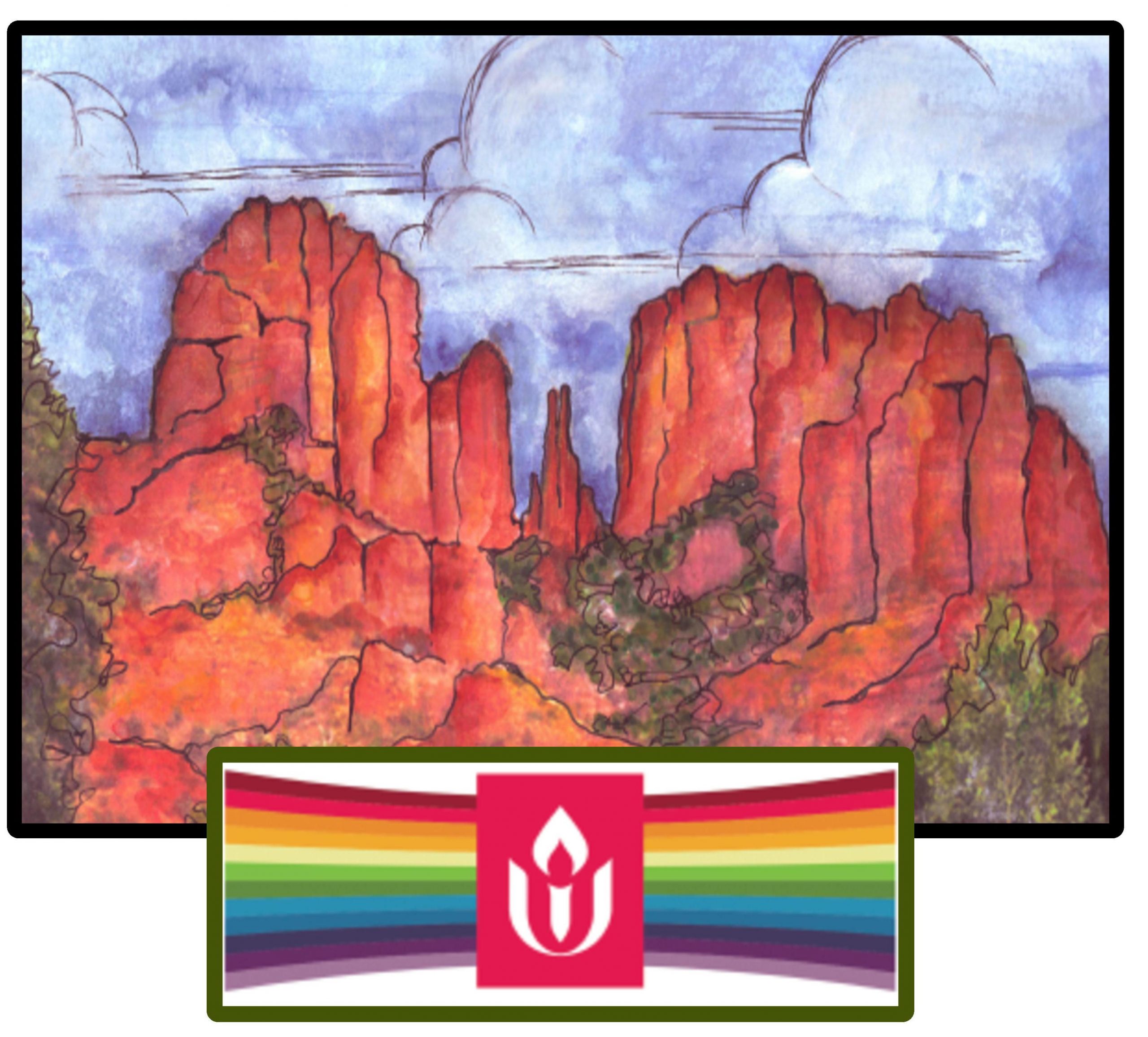Unitarian Universalism has always been multi-racial. UU theology aims to be both liberating and inclusive, to free people from constricting dogma and to welcome everyone just as they are.
Yet believing in diversity is not enough. Like their wider society, most UU congregations have practices that privilege the norms of white culture.
Many people from minority groups agree with UU theology and find it a saving grace in their lives. But to fully walk their talk, Unitarians want to go beyond the idea of inclusion. They want to increasingly adopt practices, behaviors, and thinking that suit everyone in their community.
UUs realize that because many of their traditions fit white peoples’ sensibilities, people from other cultures may infer that UUs believe white people’s ways of knowing, seeing, and being in the world are the “right” ways to be. To dispel this myth, UUs want to be aware of and to dismantle any aspects of white supremacy that may prevail in their thinking and their congregational life.
Since some subtle privileges of whiteness do come to feel “normal” to white people, UUs seek to actively widen their circle, to learn and include the perspectives of Black, Brown, Native American, and Asian people. UUs want their congregations to include the previously overlooked stories of our ancestors of color, as well as the voices of today’s Unitarians of color. Moreover, they want to be available to support people of color in healing from cross-generational racial trauma and public violence.
They want to nurture a Unitarian Universalism that liberates us all, yet connects and binds us together in a shared faith community. This is a “long-haul” kind of faith work.
